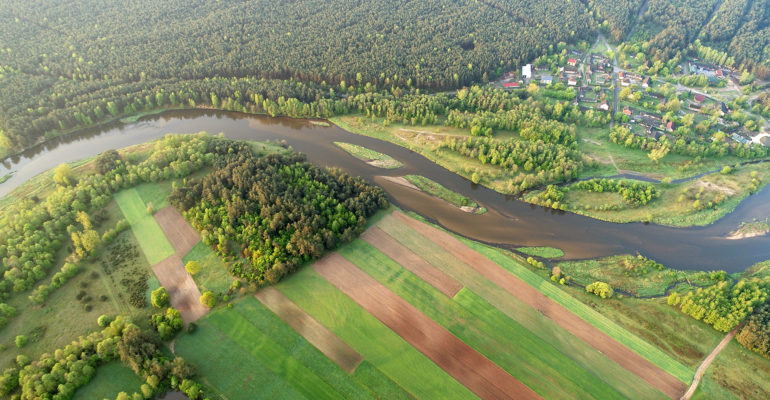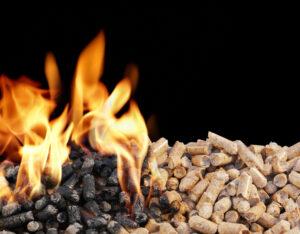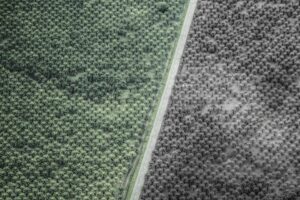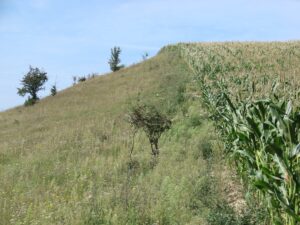RePowerEU: 40 NGOs demand EU to end support for bioenergy made from agricultural crops and forest biomass
Image credits: Piotr Krzeslak/Shutterstock.com
In May 2022, the EU Commission will release its RePowerEU Strategy, aiming to reduce the EU’s dependence on Russian fossil fuels.
Together with 40 other civil society stakeholders BirdLife strongly cautions against pursuing false solutions. This includes building more fossil gas infrastructure, leading to stranded assets, reactivating or extending the operation of coal, burning more trees or crops for energy – something that will simply increase emissions and pollution compared to fossil fuels and harm food security.
While we stand ready to help in efforts to reduce EU dependence on fossil fuel imports, we call upon the European Commission to ensure that, in its final RePowerEU strategy, this doesn’t come at the cost of fighting climate change, species loss and food security globally; costs that would be incurred by continuing or even increasing our reliance on crop-based biofuels, by opening up biodiversity set-aside areas for additional farming, or increasing pressure on our forests through more production of energy from burning wood.
We expect RePowerEU to provide a clear strategy for the EU to shift away from its dependence on fossil fuels altogether and in particular to not fall in the trap of replacing Russian imports with fuels from other authoritarian regimes or economies which will only continue to perpetuate Europe’s energy dependence.
Therefore, we call on the Commission to support the following short-term measures in its RePowerEU strategy:
● Focus on measures to cut energy demand across all sectors.
● End support for crop-based biofuels in the EU’s fuel mix to alleviate pressure on food and feed commodities. We welcome the Commission’s 23 March statement supporting countries that reduce ‘the blending proportion of biofuels which could lead to a reduction of EU agricultural land used for production of biofuel feedstocks’. Support for these fuels must be fully ended, especially under the Renewable Energy Directive, the Effort Sharing Regulation and the State aid guidelines.
● Restrict biogas production to biowaste and residue feedstocks. The Commission has indicated its intention to increase ambition for ‘sustainable biogas’ production, but dedicated crops should be clearly ruled out on climate, biodiversity and food security grounds and caution is needed about the potential volumes of EU biogas production from biowaste and residues.
● Reduce industrial animal farming. By reducing the unsustainable need for feed crops, this will in return free up land for direct food production, carbon sequestration and nature restoration, and allow the EU to reduce its dependence on both fertilisers made from natural gas and on pesticides.
In parallel, the Commission must support a rapid acceleration in renewable energy technologies that are low carbon and ecologically sustainable by:
● Accelerating the transition towards wind and solar power, district heating supplied by heat pumps, and all forms of energy storage.
● A faster transition away from internal combustion engine vehicles and the acceleration of vehicle electrification to reduce transport’s reliance on oil, accompanied by modal shifts, promotion of public transport and other measures to reduce demand for transport
● Ensuring that bioenergy does not require any dedicated use of land or compromise the health and carbon sequestration function of the world’s forests. EU support for burning crops and forest biomass must end as soon as possible.





